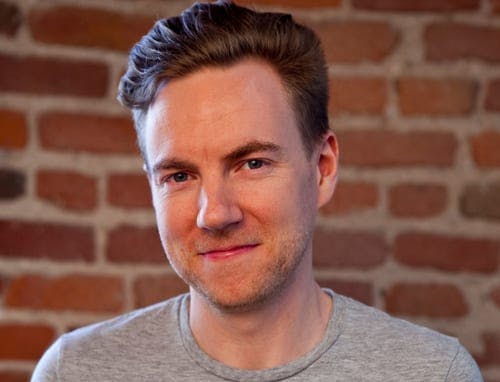Virtually unheard of in Australia just a few years ago, start-ups are now firmly established in the small business space – entrepreneurs have more opportunities than ever before.
Lachlan Donald knows better than most just how much the local start-up ecosystem has grown, having launched graphic design start-up 99designs in Australia before heading to San Francisco three years ago.
Recently returning to Australia to work on new start-up Swiftly, an offshoot of 99designs, Donald says he’s noticed an interesting change in the Australian start-up culture.
“Before I left, start-ups were reasonably unheard of and there wasn’t a lot of support, but in the intervening years a thriving ecosystem has grown around start-ups, like incubators and start-up meetups and hack weekends. They’re all things that San Francisco does really well, so it’s a really heart-warming and positive sign,” Donald says.
Donald was originally enlisted to help create 99designs out of a larger business.
“The early 99designs team was a few guys in a small room in the SitePoint office. We had a nice early advantage in that we grew out of SitePoint’s broader business, which was a vibrant community of entrepreneurs, web developers, and designers. It turned out to be a really good start-up incubator,” he says.
The platform works by having designers submit competing designs in response to a customer’s brief, and has grown to encompass a community of over 250,000 designers, primarily through word of mouth.
“We took a bootstrapped start-up approach to things and started innovating as rapidly as we could while keeping very close tabs on our designers and customers. We spent a lot of time talking to people who were running contests and working with the designers,” Donald says.
The cash-strapped nature of the average start-up often means small teams of people are taking on a handful of roles, with all having a finger in the customer support pie and tapped into what users want.
“In the early days we were all doing customer support, and on Swiftly we’re doing the same thing. We believe it’s really important to have everybody with their ear as close to the ground as possible,” Donald says.
However, as 99designs grew, it was a return to the start-up mindset that led to the idea for Swiftly.
“As any company grows and gets more and more people, it’s almost unavoidable that you end up having communication overheads and you have more in the way of legacy systems, and things just slow down. Our thinking to avoid that is to get back to where we came from, which was effectively a small start-up within a larger company,” Donald says.
“Our thinking in terms of how we’re evolving our product direction is to basically create small, autonomous, start-up-like pods within a company and give them a lot of room to grow and innovate and make rapid decisions, and that’s what we did with Swiftly.”
Swiftly allows people to submit requests for small changes to designs, and was originally launched with a turnaround of 3 or 4 hours in mind. However, Donald says they’re seeing designs completed in as little as 25 minutes.
Swiftly’s plans are a lesson for any business, from a bootstrapped start-up through to a large organisation.
“We’re making sure we’re listening to what people need and want and delivering it to them, and trying to anticipate what they’re going to need next but just don’t know yet,” Donald says.

